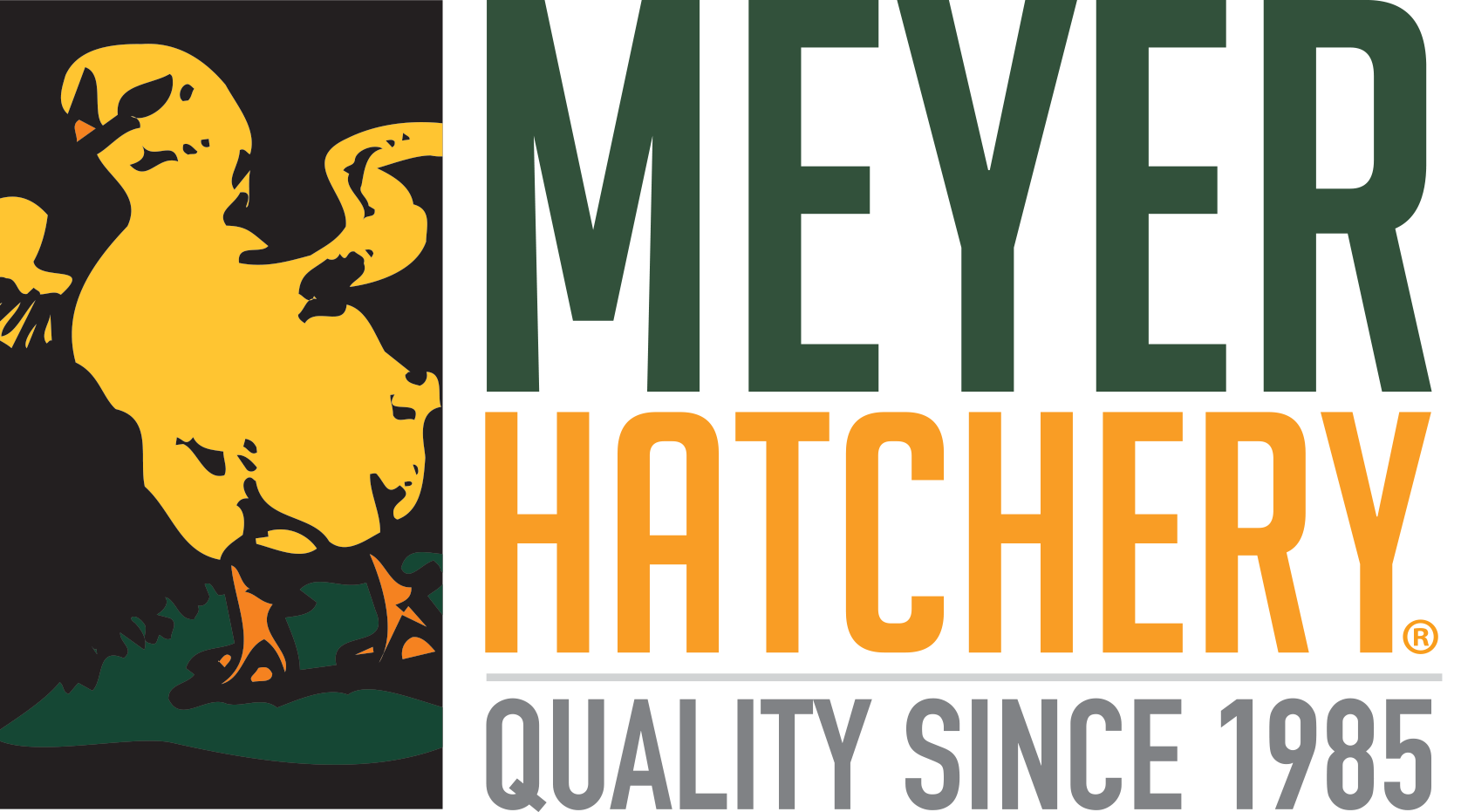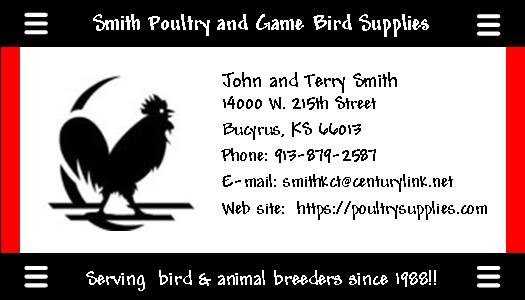Ohio National News
Protecting the health of your flock
January 16, 2016
Helpful advice for anyone exhibiting poultry at fairs, shows, or if you enjoy raising birds in your backyard; Brought to you by the Ohio Poultry Breeders Association and the Ohio Poultry Association
Download a printer-friendly PDF here
Protecting the health of your flock
Raising poultry to exhibit and compete for awards at fairs and shows is a rewarding experience for families and individuals. Children participating in poultry projects benefit from the responsibility of caring for animals on a daily basis. They also gain animal husbandry skills, learn many details about their animals, and achieve the satisfaction from having completed a comprehensive project.
With a poultry project these benefits are realized with minimal to moderate expense. However, the positive experiences from raising poultry can be lost overnight if precautions are not taken to protect your birds from disease and predators. All bird owners including those raising birds in their backyard should practice good biosecurity. This pamphlet provides information that will help you protect the health of your flock.
Start by acquiring healthy birds
One of the most important concepts for maintaining a healthy flock is to acquire birds from a person or company that participates in the National Poultry Improvement Plan (NPIP). Do not purchase birds from a flock of unknown health status nor from poultry swap meets. Acquiring birds from an unknown source relative to health status increases the possibility of introducing disease into your flock. If birds are acquired in this manner they should be isolated from other birds in your flock for several weeks and observed for signs of illness.
Practice good management
There are many poultry management skills that will help your birds grow well, remain healthy, and prevent disease from entering your flock.
Clean water should be provided and available to your birds all the time. Never use water from contaminated sources.
Provide your birds commercially available feed and that is the correct type for the age of your birds. Young birds should receive a ‘starter’ ration or a ‘grower/finisher’ ration. Birds that are laying eggs should receive a layer feed that has more calcium and phosphorus than feed prepared for young birds. If diarrhea in young birds caused by coccidiosis is a concern or problem, there are feeds with amprolium that will prevent the problem. (Note: Amprolium is not an antibiotic.)
Feed and water equipment, as well as shovels and brooms used to clean pens, should be dedicated to your flock and not shared with others.
Provide adequate clean bedding materials and do not let the pens or chicken coop accumulate too much manure or dirty litter. If the bedding becomes damp or wet it should be removed and fresh clean bedding provided.
Because rodents can spread disease among and between flocks and farms, provide rodent control with baits or traps as needed.
Reduce health problems caused by lice and mites by treating your birds with an insecticide when infestation is observed.
Limit visitor traffic to your farm. Ask persons visiting your flock to wear clean clothes and shoes that have not recently been worn in a poultry house.
Birds should be securely penned inside their coop overnight. This is important for protection from predators such as raccoons and mink, as well as loose dogs in the neighborhood.
Prevent contact of your birds with wild waterfowl. Keep the birds penned inside an enclosure, especially during the spring and fall migration seasons. This is important to prevent exposure to highly pathogenic avian influenza (HPAI) virus.
Practice good personal hygiene. Avoid contact with sick or dead poultry and wildlife. If you have had contact with sick or dead birds, wash your hands well with soap and water and change your clothing before returning to your poultry barn.
Monitor your birds for signs of disease
When providing feed and water for your birds or when cleaning their pens, always observe the birds and watch for any signs of illness. A sick bird will stand apart from others, have a hunched appearance, and will not eat or drink. Birds with these signs should be removed from the pen so the healthy birds are no longer exposed to the sick bird. Another sign of sick birds or a sick flock is a decline in egg production.
Clinical signs associated with HPAI and respiratory diseases include sneezing (sometimes called “snicking”) and wheezing. If there is blood-tinged or bloody exudate when sneezing, the bird may have infectious laryngotracheitis (ILT).
Sick birds or unusual bird deaths should be promptly reported to the Ohio Department of Agriculture’s Division of Animal Health at 614-728-6220.
Precautions when exhibiting your birds at a fair or show
When gathering your birds to go to a show, be sure they are healthy. If you have a concern about a sick bird or a current disease in your flock, be responsible and do NOT bring your birds to a show.
Be sure that the boxes the birds are carried in, as well as the water and feed cups used at a show, are cleaned and disinfected. Only fresh bedding material should be used for birds at the show. Some exhibitors provide their birds water with electrolytes. You may also want to apply a poultry-approved insecticide powder or spray to the vent and fluff area of the bird when departing the show. This is to assure that external parasites are not carried home.
When you return home, separate your birds and any birds you may have acquired at the show from the remainder of your flock for 14 to 28 days. This is to protect your birds at home.









